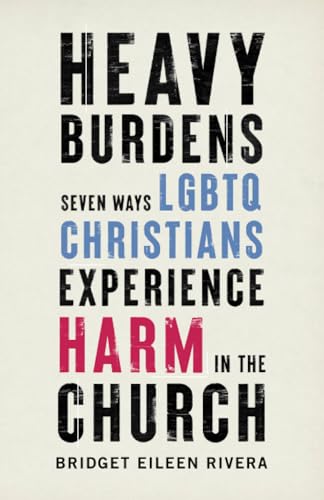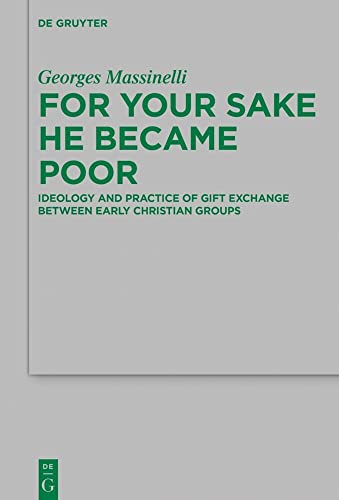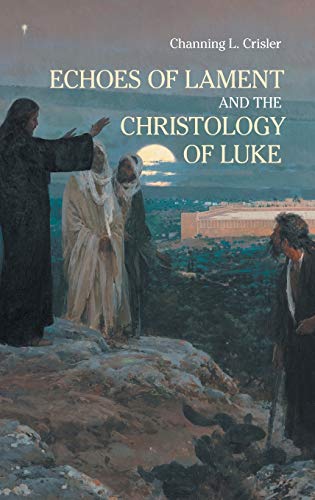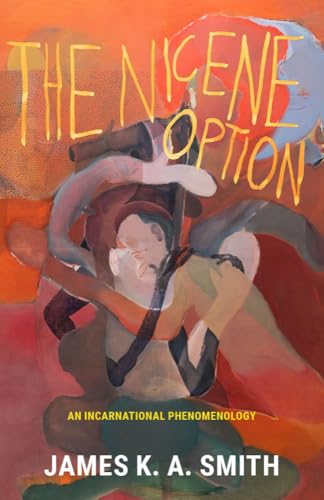Pointing to the Pasturelands: Reflections on Evangelicalism, Doctrine, & Culture
Written by J. I. Packer Reviewed By Simon ManchesterI now know the perfect gift for Christian friends in need of cheer as much as challenge. It’s this very lovely collection of J. I. Packer’s writings, originally composed for Christianity Today and now compiled by Lexham Press.
There are twenty-seven mini “Columns” on topics as wide-ranging as jazz and humor and cake and detective novels. But then there are very personal columns on temptation and impatience and criticism and church envy. Plus, there are also thoughts on George Whitefield and C. S. Lewis and John Calvin and his friend, David Jenkins.
Here is Packer on reading detective novels. Should he “repent of time wasted in … light reading? Not necessarily. If overloaded academic and literary people never read for relaxation their brains will break” (p. 7). And on being tempted to buy a book called The Amazing Book of the Packers in Canada, “I shall pass up ‘The Amazing Book of the Packers’ and continue concentrating on the amazing grace of God. The wedding garment will do more for me than the Packer coat of arms” (p. 14).
Packer reflects on his own writing gift, his job as a “plumber and sewage” man (theologian), his hope of heaven and how he would like to be remembered—as a man who “pointed to the pasturelands” (p. 62). Hence the book’s title. “I hope to be remembered as a voice (like John the Baptist, crying in the wilderness) encouraging people to think, rather than as a personality whose felt status and charisma stopped them thinking” (pp. 61–62).
After the “Columns” come the “Articles.” These range from four to fifteen pages each in length. It’s here that Packer comes out swinging on issues like sickness and pleasure and citizenship and the charismatic movement. He is generous to the latter—“when God has brought new life to so many along charismatic channels, it would be perverse conceit on the part of noncharismatics to be unwilling to look and learn” (p. 108)—but not to the World Council of Churches—“the debacle of the WCC” (p. 172). He is defensive of his position on his support for “Evangelicals and Catholics Together”—“ECT is not at all a sell-out of Protestantism, but is in fact a well-judged, timely call to a mode of grassroots action that is significant for furthering the Kingdom of God” (p. 198)—and superb on why he “walked” from his Westminster denomination in Vancouver. The pressure from the bishop to bless same-sex unions opened “a Grand Canyon-wide difference about the nature of the Bible and the way it conveys God’s message to modern readers…. [O]ur task is to stand fast, watch, pray, and fight for better things: for the true authority of the Bible, for the ‘true truth’ of the gospel, and for the salvation of gay people for whom we care” (pp. 234, 238–39).
Packer neatly contrasts and draws lessons from various twosomes, like Whitefield and Spurgeon, Lloyd-Jones and F. F. Bruce, Oswald Chambers and C. S. Lewis. There are insight gems as he compares these great men: “Spurgeon’s tincture of country-boy truculence and his obtrusive melancholy streak put him behind Whitefield” (p. 16). On Lloyd-Jones and Bruce he writes: “to Lloyd-Jones, Bruce seemed not to be serious about theological truth, while to Bruce, Lloyd-Jones’s antithetical definiteness seemed to set restrictions on academic endeavor…. One can see why they found it hard to tune in to each other. But it was a pity they did, since both were such precious gifts to the modern church” (p. 76).
In other chapters, Packer reflects helpfully (from a distance) on “The British Scene” (ch. 28), why traffic flows from Protestantism to Catholicism (and vice versa) (ch. 36) and how we should be thinking of God himself (ch. 34).
His brilliant way with words is a pleasure and a joy. “Christianity is a religion of revelation received; all other faiths are religions of revelation denied” (p. 100). Trials are “therapeutic workouts, planned by a heavenly trainer” (p. 9).
The third section of the book contains thirteen answers to “Questions” on issues like Satan and prayer and sin and Scripture. A fine epilogue from Mark A. Noll closes the book.
Christianity Today and Lexham Press are to be thanked for making these treasures available in one small volume. Discovering that Ecclesiastes is Packer’s favorite biblical book (ch. 46—a very moving chapter), why humor saves us from playing God (ch. 18), what bungee-jumping taught him about the Christian church (ch. 23), and how he felt growing up as an “isolated oddity” (p. 242)—all this and more is contained in these pages.
If it sounds as if Packer writes much about himself, it can honestly be said that in each chapter he is subtly or strongly pushing the reader towards Christ in whom are all the riches of the kingdom.
I had the privilege of meeting J. I. Packer a number of times. The last time, he was walking with great difficulty on a terrible hip. But the thing I remember was the joy rising up from his life. This book will do your head good, but it will do your joy good too.
Simon Manchester
Simon Manchester
All Saints Woollahra
Woollahra, New South Wales, Australia
Other Articles in this Issue
This article examines Christopher Nolan’s three most recent films, Interstellar (2014), Dunkirk (2017), and Tenet (2020), through the lens of Christianity’s preeminent theological virtues: love, hope, and faith, respectively...
Syncretism—the blending of two or more religious paradigms—threatens Christian witness around the world...
Revisiting “the Time of Abiathar the High Priest”: Interpretation, Methodology and Ways Forward for Understanding Mark 2:26
by William B. BowesMark 2:26 has presented itself as a difficult textual and historical problem for interpreters...
Give Honor and Vote? A Reflection on the Christian’s Voting Conscience and Romans 13:1–7
by Robert GoldingPaul’s instruction in Romans 13:1–7 can be applied to Christian voting behavior in the West...
Hell for a Single Sin: A Response to Robert Golding’s Asymptotic Theory of Those in Hell
by Paul DirksThis article is a response to Robert Golding’s recent essay, “Making Sense of Hell,” in which he contends for the logic of eternal punishment on the basis of a progressive and asymptotic conception of sin and sinners in hell...







